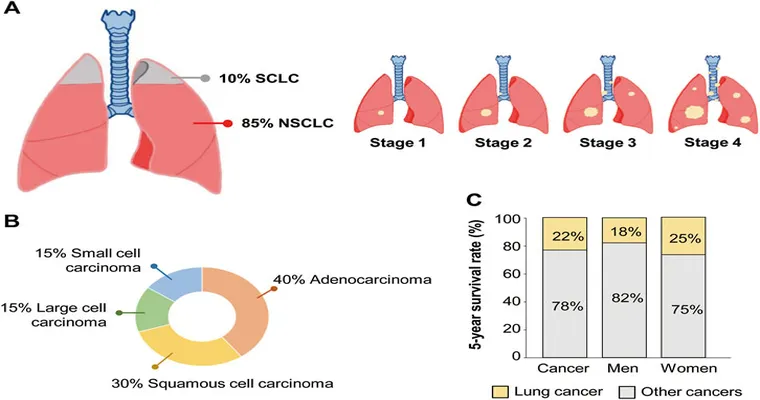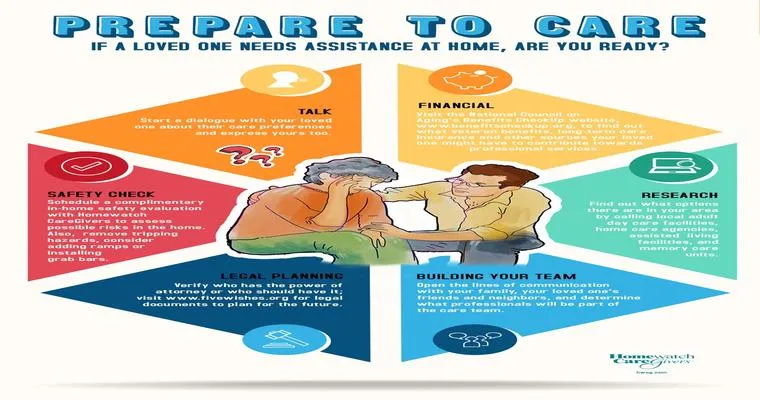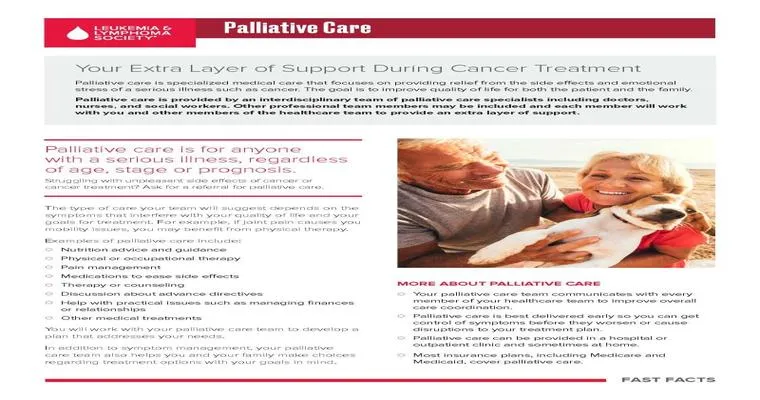Lung cancer is one of the leading causes of cancer-related deaths worldwide, and it is often considered an "unnecessary death" due to its strong association with "preventable factors". With the right knowledge and resources, many cases of lung cancer could be avoided altogether. This article aims to shed light on the preventability of lung cancer, the importance of early detection, and the significant role that lifestyle choices play in reducing the risk.
Understanding Lung Cancer
Lung cancer typically originates in the lungs and can spread to other parts of the body. The two main types of lung cancer are "non-small cell lung cancer (NSCLC)" and "small cell lung cancer (SCLC)". While genetic factors can contribute to the development of lung cancer, the predominant risk factor is "tobacco smoke", which is responsible for approximately 85% of all cases.
The Preventable Nature of Lung Cancer
The most effective way to prevent lung cancer is to avoid smoking and exposure to secondhand smoke. Implementing "smoking cessation programs" and public awareness campaigns can significantly reduce the incidence of this disease. Moreover, exposure to certain environmental toxins, such as asbestos and radon, can also increase the risk. Understanding and mitigating these risks is crucial in the fight against lung cancer.
The Importance of Early Detection
Early detection can dramatically improve survival rates for lung cancer patients. Regular screenings, such as low-dose computed tomography (LDCT), are recommended for high-risk individuals, including long-term smokers and those with a family history of lung cancer. Symptoms often do not appear until the disease is advanced, making early detection vital for effective treatment.
Lifestyle Choices Matter
In addition to avoiding tobacco, certain "lifestyle choices" can help reduce the risk of lung cancer. A balanced diet rich in fruits and vegetables, regular physical activity, and maintaining a healthy weight are all factors that contribute to overall lung health. Moreover, limiting exposure to air pollution and other harmful chemicals can further decrease the risk.
Conclusion
Lung cancer is a devastating disease, but it does not have to be an "unnecessary death". By focusing on prevention, early detection, and healthy lifestyle choices, we can significantly reduce the impact of lung cancer on individuals and communities. It is crucial to raise awareness about this preventable disease and encourage proactive measures to combat it. With concerted efforts, we can work towards a future where lung cancer is no longer one of the leading causes of cancer-related deaths.





